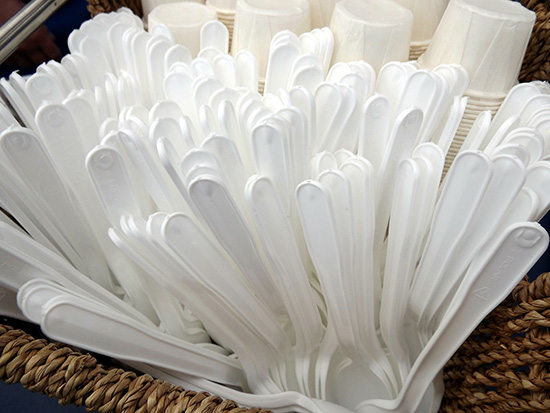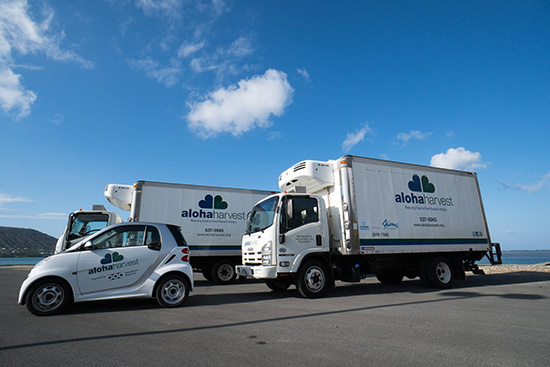
Native Hawaiians or Kānaka Maoli have long observed, recognized and recorded environmental science elements.
Thousands of years before modern navigational systems, Kānaka Maoli successfully navigated the oceans using their intimate knowledge of the world. The recent Mālama Honua worldwide voyage by the Polynesian Voyaging Society was a modern-day illustration of this capability.
Kānaka also successfully cultivated the land in order to sustain life on an island. Koʻolaupoko ʻāina-based organizations like Papahana Kuaola, Kakoʻo ʻŌiwi, and Paepae ʻo Heʻeia are thriving illustrations of this knowledge.
Kānaka not only observed and understood their environment, but they recognized that they came from this same environment; they saw the ʻāina as their older brother. This reciprocal relationship informed their way of life; the world, in many ways, was their laboratory. Hawaiians thrived because they excelled as ethnogeoscientists, and their traditional knowledge was–and continues to be–encapsulated in moʻolelo, mele, and ‘oli.
This ʻike (knowledge), however, is not immediately represented in the number of Native Hawaiians enrolling in and graduating with degrees in Environmental Science – currently at 13 percent. Hālau Ola Honua is a grant aimed at reintegrating both ʻike Hawaiʻi and kānaka Hawaiʻi into Environmental Science.
As a five-year National Science Foundation funded partnership, Windward Community College–led by principal investigator Ardis Eschenberg and co-principal investigator Floyd McCoy–will serve as the home institution for the project’s efforts. Also furthering the efforts of the program is newly hired oceanography instructor Pavica Srsen. Working alongside WCC is Honolulu Community College, Kauaʻi Community College and the University of Hawaiʻi at Mānoa.
Hālau Ola Honua’s project goals include:
Increase the graduation rate of Native Hawaiian students in geoscience.
Develop a UH system-wide Environmental Science curricular pathway; facilitating the transition of Native Hawaiian students from high school to two-year colleges to four-year colleges.
Provide service learning research experiences, which will provide information, skills and outreach to the communities served as well as the scientific community.
Hālau Ola Honua facilitates and funds a number of programs to advance its goals. Annually, these programs include a Math Bridge, an Oceanography Summer Bridge, mentoring programs, service learning and funding for conference presentations.
This summer, Hālau Ola Honua will fund a six-week Oceanography Summer Bridge at UH Mānoa. Accepted students will receive four credits, dorm accommodations and a $1,000 stipend. Students will not only pursue their education within the University system, but will also, in turn, serve their surrounding communities with relevant research and insight.
Together, the Hālau Ola Honua team will form a pathway to encouraging, recruiting and retaining Native Hawaiian students at the high school, community college and four-year college levels.
For more information about Environmental Science and any of Hālau Ola Honua’s programs, contact project manager Uʻilani Tanigawa at anelatan@hawaii.edu or visit goo.gl/fQMTgb.
by U‘ilani Tanigawa, Special to Ka ‘Ohana




